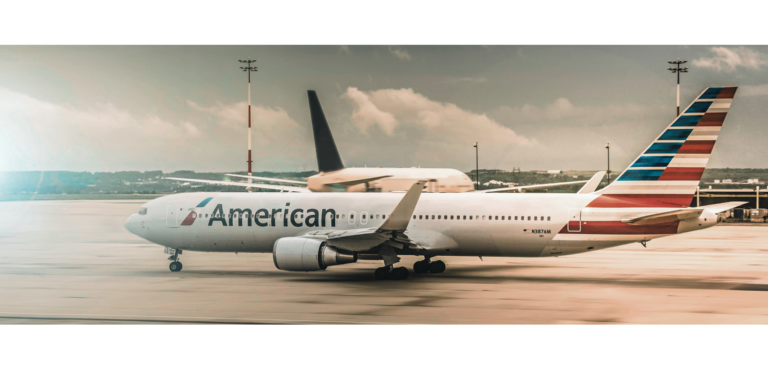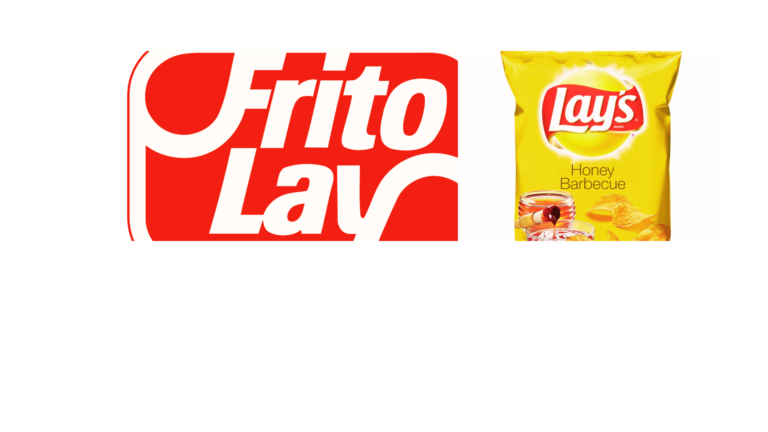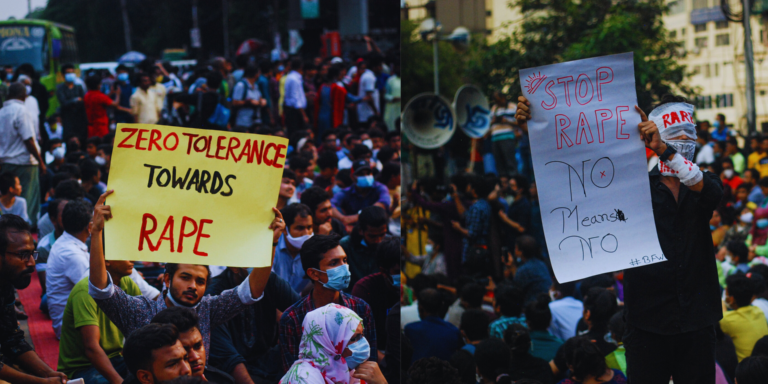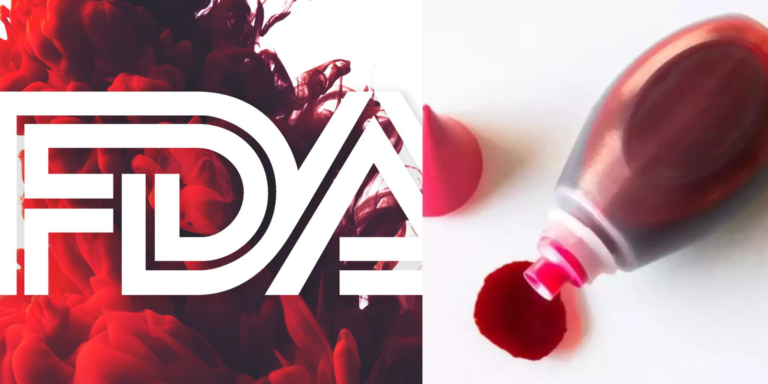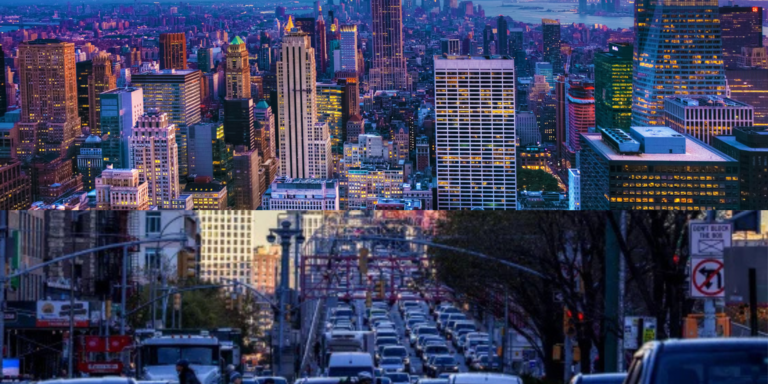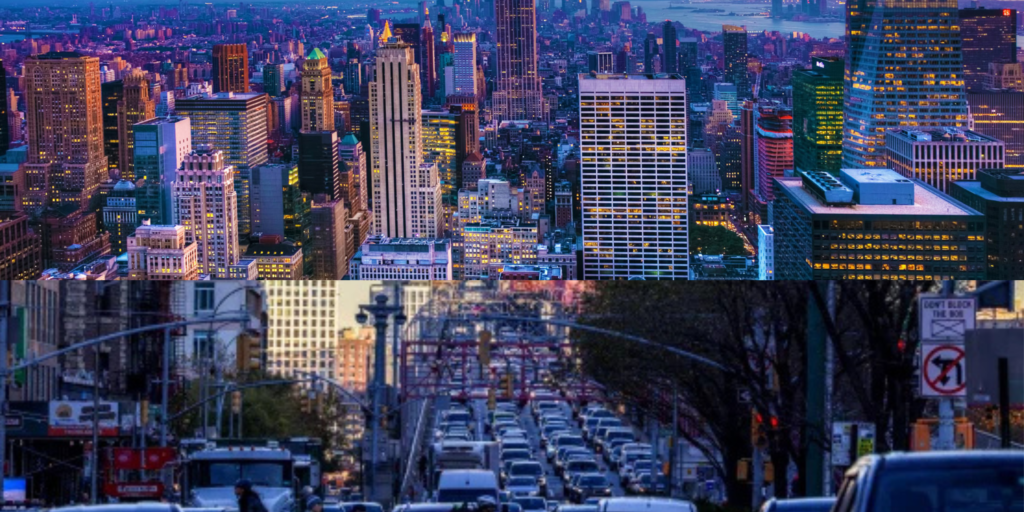
The plan went into effect Sunday morning and will impose congestion fees of up to $9 on drivers entering Manhattan’s busiest neighborhood.
New York City’s first-in-nation Congestion Relief Zone formally opened on Sunday, imposing congestion fees of up to $9 on drivers entering Manhattan’s busiest areas.
According to the New York Metropolitan Transportation Authority, the zone “is fully operational” and opened at 12:01 a.m. on Sunday.
The plan intends to alleviate New York’s notorious traffic issues and generate funds for public transit. Despite last-minute efforts by neighboring New Jersey and local resistance, including from President-elect Donald Trump, it goes into effect.
Most cars entering Manhattan’s central business area, which runs from 60th Street to the southernmost point of the Financial area, are required to pay a peak tax of $9 between the hours of 5 a.m. and 9 p.m. on weekdays and 9 a.m. and 9 p.m. on weekends, according to the pricing plan.
Off-peak would be $2.25, which is a 75% reduction.
During peak hours, entry into Manhattan costs $14.40 for small trucks and noncommuter buses and $21.60 for larger trucks and tourist buses.
Drivers will only be taxed once daily; low-income drivers, people with medical issues that prevent them from utilizing mass transit, and certain government and emergency vehicles are exempt. Additionally exempt are commuter and school buses.
One minute, forty-seven seconds, zero seconds45.681797374378554% is the volume.
After the toll starts, the MTA estimates that there will be 10% fewer cars and trucks. Additionally, MTA administrators have pledged that the region’s system will be modernized with billions of dollars earned through congestion pricing.
After two years of delays and changes due to complaints from commuters and companies who felt the fare was unfair, Governor Kathy Hochul sought to bring the program back.
The true race, however, was to approve the pricing before Trump’s January inauguration.
Republicans have already asked Trump to step in, and the New York native has promised to abandon the proposal when he returns to the White House.
Despite a last-ditch effort by New Jersey to halt the initiative on environmental grounds, the charges also started on time. According to the New Jersey complaint, which is requesting tens of millions of dollars, if traffic on the opposite side of the river worsens, the ecosystem would suffer.
The MTA told NBC New York last week that it had the go-ahead to begin congestion charging, even though the judge decided that the Federal Highway Administration would need to weigh in.
Hochul has stated that she offered money to settle the case from New Jersey, but no agreement was reached.
Hochul previously stated, “We’ve made several offers to settle this lawsuit, very generous offers.”
Although New York may have been the first American city to implement congestion pricing, Stockholm and London have long had comparable programs in place.

